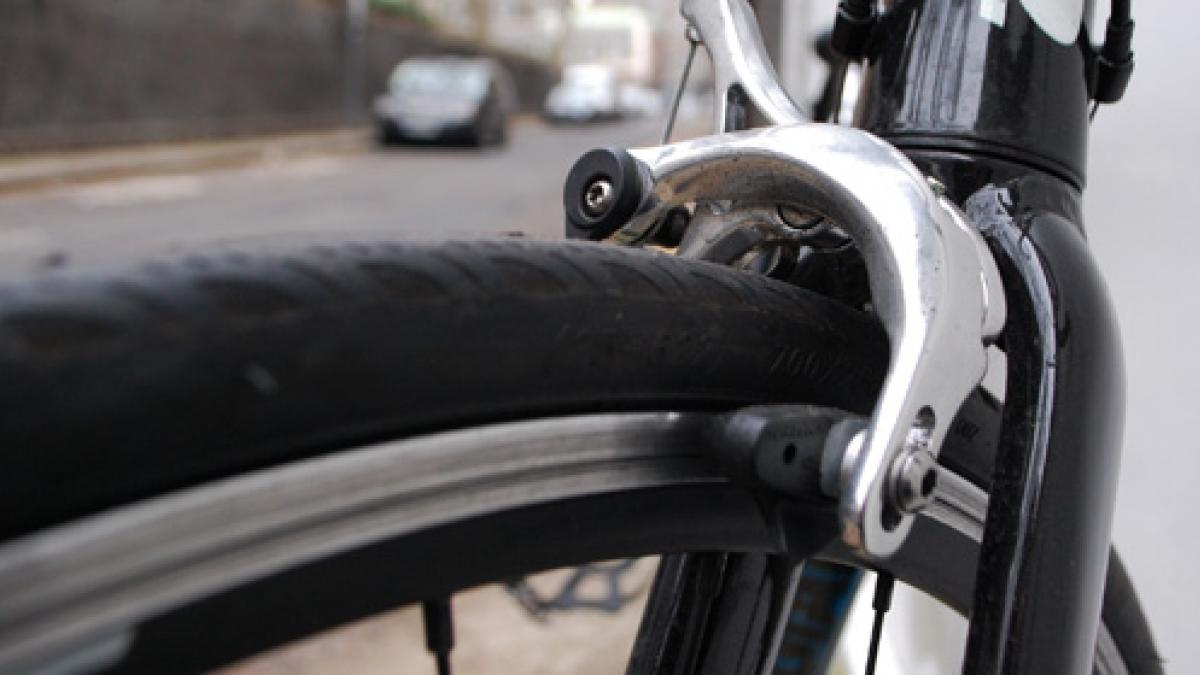There should be a major shift away from cars in favour of walking, cycling and public transport to reduce the harm of road transport and improve public health, says a report.

Stuart Palma: We must also lend our expertise to councils, to ensure the local environment is fit for purpose
Local authorities can improve the environment for walking and cycling and discourage unnecessary car trips, says the report published by the Faculty of Public Health.
It recommends a range of measures to achieve this. For example, it calls on councils to work with local clinical commissioning groups to get NHS staff and patients engaged with initiatives to increase walking and cycling.
Councils should re-allocate road space to walking and cycling, restrict access to cars by closing or narrowing carriageways and introducing road-user charging schemes, it says.
Sixty-eight per cent of people make a journey of less than two miles by car at least once a week, according to the document. Moreover, 40 per cent of these people say they make a journey by car that could be done by walking, cycling or public transport.
‘This public health imperative and public support for change provides an opportunity for local authorities to take action,’ it says.
‘As local authorities face financial challenges this is an area which delivers a wide range of co-benefits for health, the environment, the economy and communities.’
Stuart Palma, CSP professional adviser, welcomed the report and said that supporting and promoting active travel was essential if we are to improve public health.
‘Physiotherapists see millions of people a year – ensuring we are promoting active travel at every opportunity is key,’ he said.
‘We must also lend our expertise to local authorities, to ensure the local environment is fit for purpose.’
Find Out More
Number of subscribers: 1



































